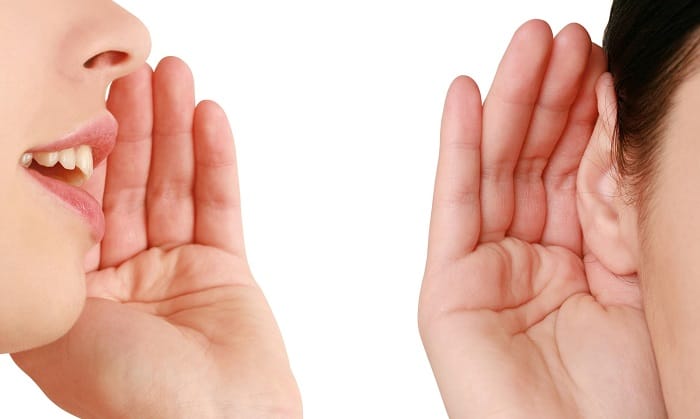Listening skills essay
Some of the “filters” that might interfere with the helping relationship include individual judgments, biases, personal experiences, values, beliefs, personality traits, expectations, norms and rules. These filters may distort the message send by a person. As a result, it is necessary to develop the proper listening skills to avoid misinterpreting.
Often times, people seek the advice of helping or use caution when giving advice. Often times, people seek the advice of helping professionals on personal, emotional and even financial matters. Within my role as a helper, it is not acceptable to give advice. Offering some solutions to problems may have negative effect on further communication and interaction processes. It is necessary to use the technique “reflection of feelings” in order to explain the client his feelings and help him to find the right solution.
Nonverbal communication applies to the topic of active listening because it is a vital component of active listening. Helpers should be ready to respond to non-verbal behavior in communication, such as tone, the volume of speech, tears or laughter, etc. One of examples of how misinterpreting someone’s nonverbal communication can result in distorting the intended message is the situation when a helper fails to understand eye contact and silences. These elements of non-verbal behavior may signify some negative attitudes, which require adequate response. Both salience and eye contact may interpret one’s feelings.
My strengths as a communicator include the ability to organize my thoughts in a proper way, active listening skills, patience, self-control, openness in communication, and the ability to avoid conflicts. My weaknesses as a communicator include the improper skills in interpreting non-verbal communication and behavior. I need to use my active listening skills more effectively to become professional in communication with clients.
Do you like this essay?
Our writers can write a paper like this for you!



